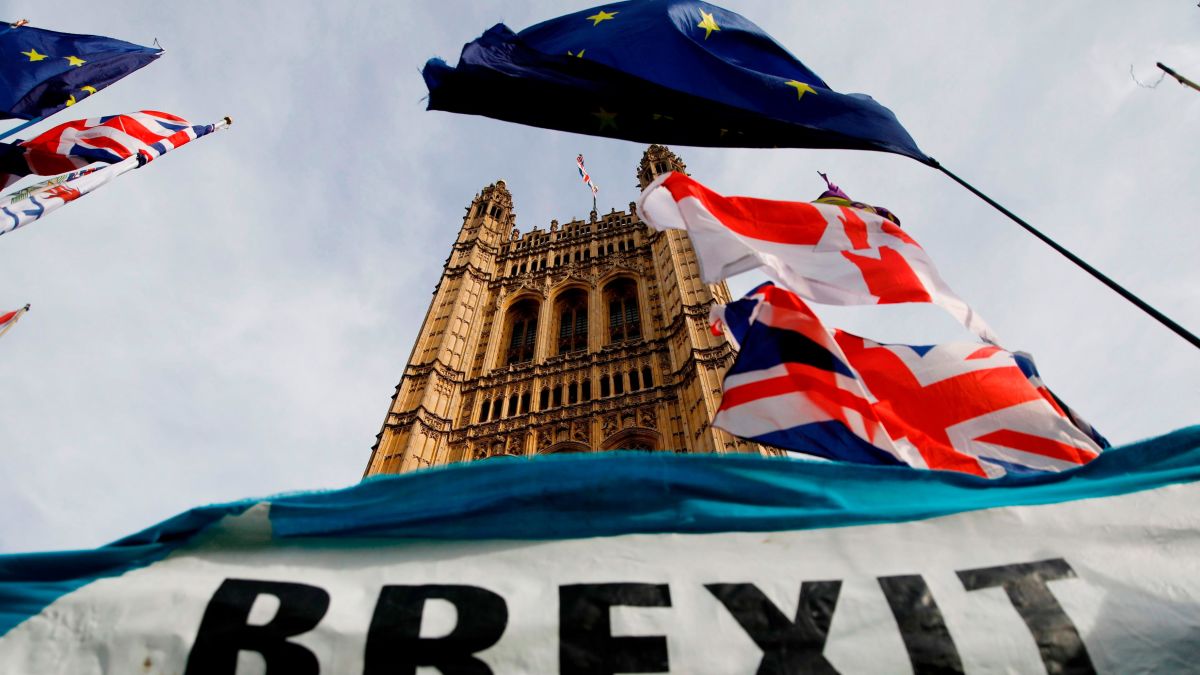Latin American currencies, particularly the Argentine peso, have been quite unstable lately, and many traders have noticed rapid changes while monitoring the market. At this time, the Argentine peso is going through a rapid decline with severe ups and downs - too fast even for a high volatility currency. What could be the reason for such a roller coaster?
Specific data of Latin American economies: background
According to most economists and experts, the fundamental reason for inflation and the devaluation of money in politics. The economic crisis in Zimbabwe in the 1990s, the crisis in Venezuela in the 2010s, and even the Wall Street crash of 1929 - all have a significant political base.
Latin American countries are often affected by significant inflation. But why? Economist André A. Hofman mentioned several reasons. He believes that the historical development of countries is one of the critical factors in current development. Therefore, two important reasons for the current situation in Latin America could be:
- The economy of most Latin American countries is based on an exported primary product and, in general, these are natural or agricultural products such as coffee, corn, silver, etc.
- Throughout history, Latin American countries have not had a strict and defined economic strategy and worked primarily under the force of circumstances. Also, in general, these circumstances have involved dependence on foreign investments and political influences.
The main products exported by Latin American countries are food, coffee, cereals, animal meat, mineral fuels, etc. The highest percentage of exported products is still agricultural: more than 52% in Argentina, around 39% in Colombia (according to information from the Observatory of Economic Complexity, OEC). Therefore, the simplest reason for severe economic damage may be droughts, floods, rains … In other words, bad crops can negatively affect the economy.
Although countries are independent and are no longer considered colonies, the economies of Latin American countries are closely related to foreign investments. For example, USA It is Mexico’s main source for foreign direct investment: in 2018, the US contributed $ 12.3 billion or 39% of all entries in the country’s economy. The fall in the volume of investments or even the possibility of such a course of events can seriously affect the stability of the national currency.
August-September 2019 in Argentina: what happens?
On August 12, 2020, the Argentine peso fell 30% in just a couple of hours. It reached the lowest level of 65 pesos/dollar. The MERVAL index, the most important index of the Buenos Aires Stock Exchange, fell by 31%. Government ties took the same path. Therefore, the national currency, stocks, and bonds - all collapsed together and for the first time in 19 years.
The most plausible explanation that comes to mind first is political reasons. But in fact, it was a whole series of very unpleasant events. If it were only for one or two of those events, the weight could have survived. But all combined caused a significant economic crisis.
Let’s look at the possible reasons. First, as expected, politics. On August 11, primary elections were held before the presidential elections of October 2019. The events took an unexpected turn. The current president Mauricio Macri obtained only 32% of the votes, while Alberto Fernández, backed by former President Cristina Fernández de Kirchner, received 47%.
Although according to the Argentine electoral system, the primaries do not affect much the final result of the elections, this event showed how far Macri has fallen. This became a bell for investors, especially for those who remembered the reign of Kirchnerism and the default of 2014 caused by the policy of Cristina Kirchner.
So the primaries leave investors with the following statement: the country’s future course is uncertain. Therefore, without certainty - there are no investments.
At the same time, the country is still in a food crisis. In 2018 there was the worst drought in 50 years - and this factor causes terrible damage to the economy of a country, where most of the exported products are food and crops. And although farmers forecast much better crops for this year, a severe drought has already reduced Argentina’s agricultural exports, increasing its current account deficit. Therefore, the other factor is low harvest - low exports.
Another reason why the peso has failed to stabilize has been because of Macri’s statements after losing the primaries. He announced a plan to renegotiate the debts to which Argentina was dragged, including those of the IMF. He also took other serious measures to contain the country’s growing financial crisis, but it seemed to fail. The weight fell again by almost 25%.
Argentina already owed the IMF $ 56 billion, and Macri requested $ 5.4 billion more to escalate the payment of the investment. And although the IMF agreed to “continue supporting Argentina during these difficult times,” this victory was doubtful. Macri did what he was trying desperately to avoid: seek more financial help from the IMF. It turned out that a businessman like him, who was supposed to take the country out of the default, technically took him back to him. Argentine citizens did not support him much in the primaries, because they expected him to overcome the crisis. Therefore, the third factor would be the failed expectations of a political figure.
Another reason why the peso has failed to stabilize has been because of Macri’s statements after losing the primaries. He announced a plan to renegotiate the debts to which Argentina was dragged, including those of the IMF. He also took other serious measures to contain the country’s growing financial crisis, but it seemed to fail. The weight fell again by almost 25%.
Argentina already owed the IMF $ 56 billion, and Macri requested $ 5.4 billion more to escalate the payment of the investment. And although the IMF agreed to “continue supporting Argentina during these difficult times,” this victory was doubtful. Macri did what he was trying desperately to avoid: seek more financial help from the IMF. It turned out that a businessman like him, who was supposed to take the country out of the default, technically took him back to him. Argentine citizens did not support him much in the primaries, because they expected him to overcome the crisis. Therefore, the third factor would be the failed expectations of a political figure.


